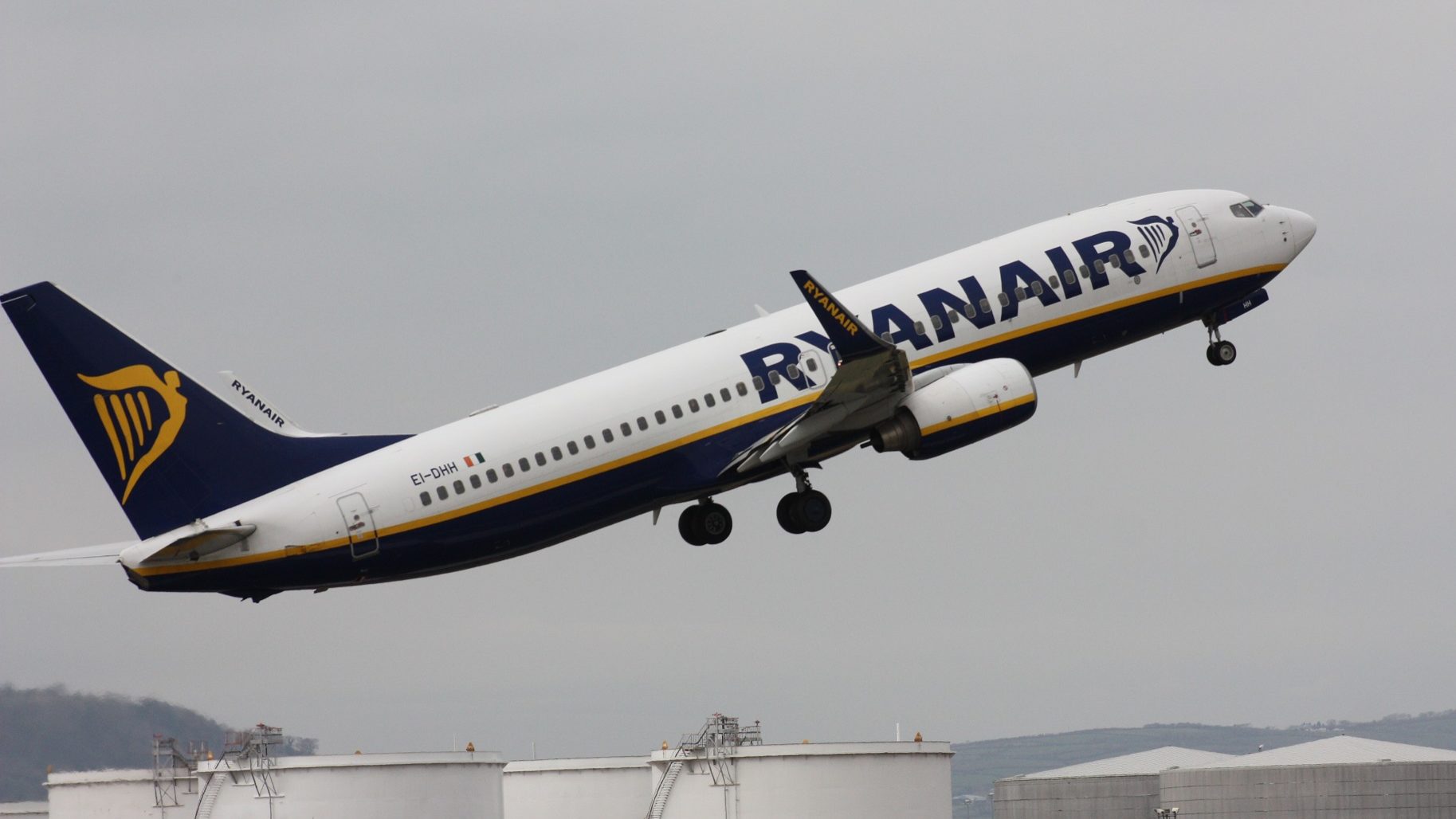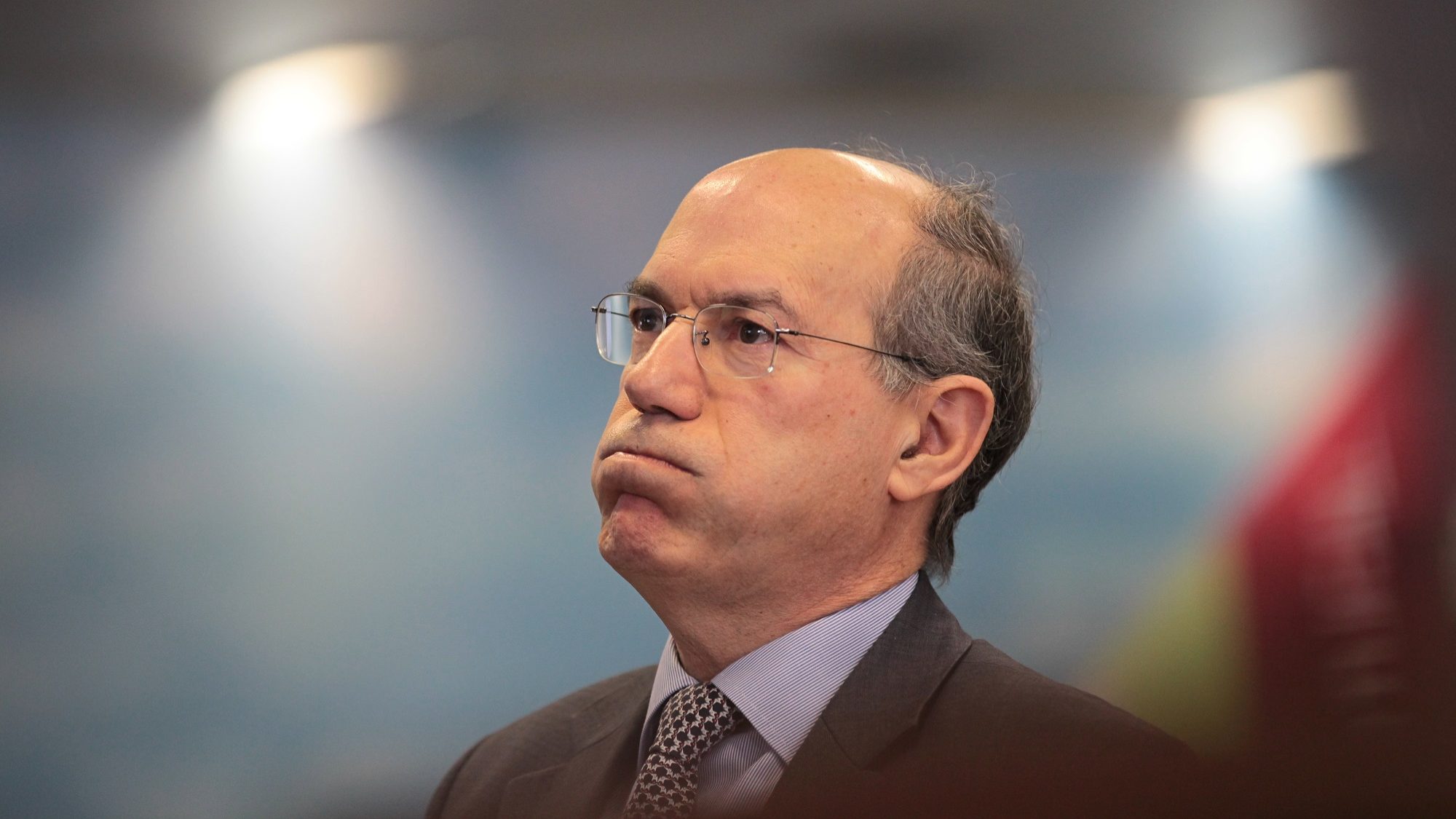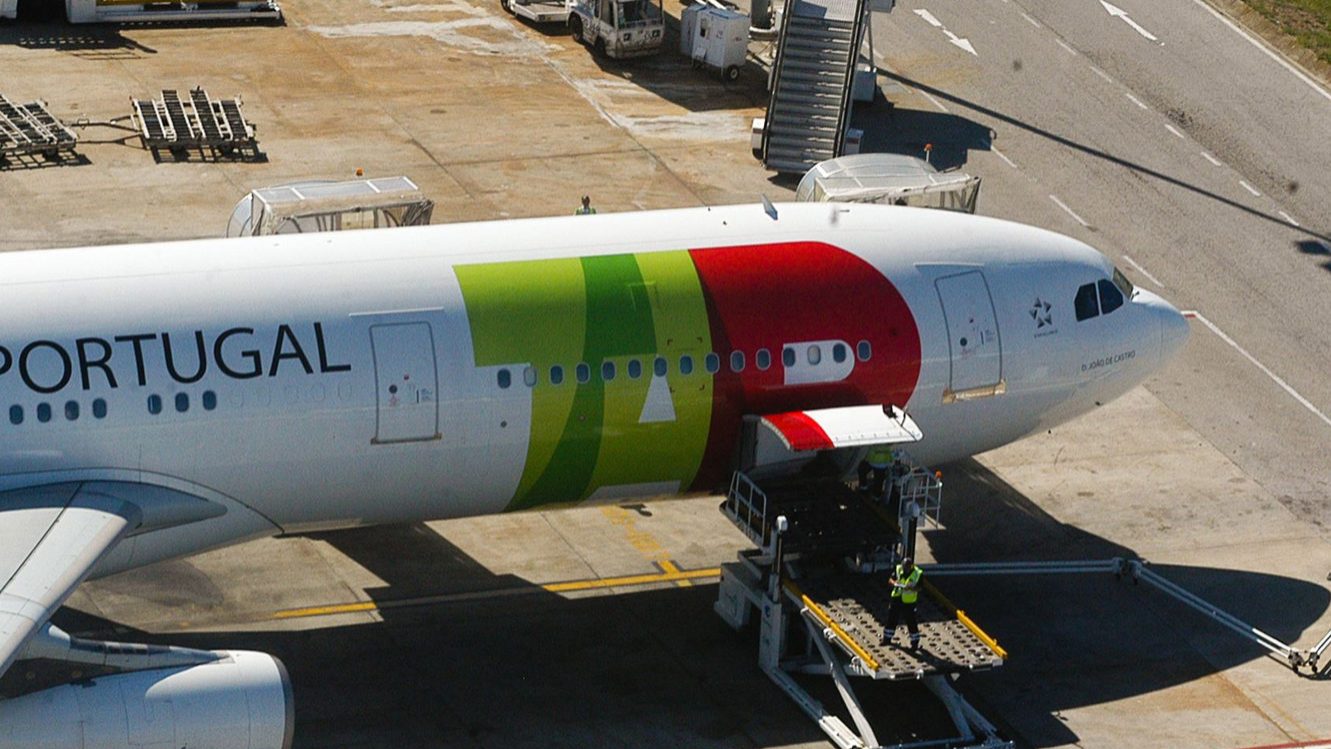Former TAP CEO cleared by Public Prosecution Service
At stake is the purchase process of the Brazilian company VEM-Varig, negotiated between 2005 and 2007 by Fernando Pinto.
Fernando Pinto, former CEO of TAP, and four managers who made up the company’s board were acquitted by the Public Prosecution Service (PPS) of the alleged crimes of mismanagement, influence peddling, money laundering, passive corruption, active corruption, economic participation in business, swindling, misconduct and abuse of power.
Fernando Pinto was being investigated for suspected mismanagement of the Brazilian company VEM-Varig, negotiated between 2005 and 2007. A deal in which TAP lost around €500 million, sparking an investigation in 2010. The case originated from an anonymous tip made in 2014, alleging that TAP’s management had orchestrated operations and deals that were harmful to the company and, furthermore, had illicitly enriched themselves at the expense of the Portuguese state. The Public Prosecutor’s Office decided to investigate these allegations and TAP board members Fernando Sobral, Fernando Pinto, Luís Gama Mór, Luís Miguel da Silveira Ribeiro Vaz, Manoel José Fontes Torres (who has since died) and Michael Anthony Conoly were named as defendants in the case.
According to the Public Prosecution Service (PPS), it was proven that the government and Parpública were given prior knowledge of the operations carried out in 2005 by the TAP board and that, in relation to the operations in 2007, the board did not need the authorisation to carry them out. “The legal type of crime of harmful administration was not fulfilled, which presupposes that the agent intentionally breaches control norms or economic rules of rational management, which did not occur,” the order says.
Furthermore, the PPS stated that “there was no solicitation or acceptance of a material or non-patrimonial or non-pecuniary advantage or the promise thereof, for real or supposed abuse of influence alleged, with any public entity, by any of the defendants or any person, not existing, therefore, evidence that indicates the practice of the crime of influence peddling.”
In the criminal investigation was also concluded that “no evidence was collected in the sense that any of the officials have accepted any advantage as consideration for any act that was taken in the decision-making process regarding the payment of bonuses.”


